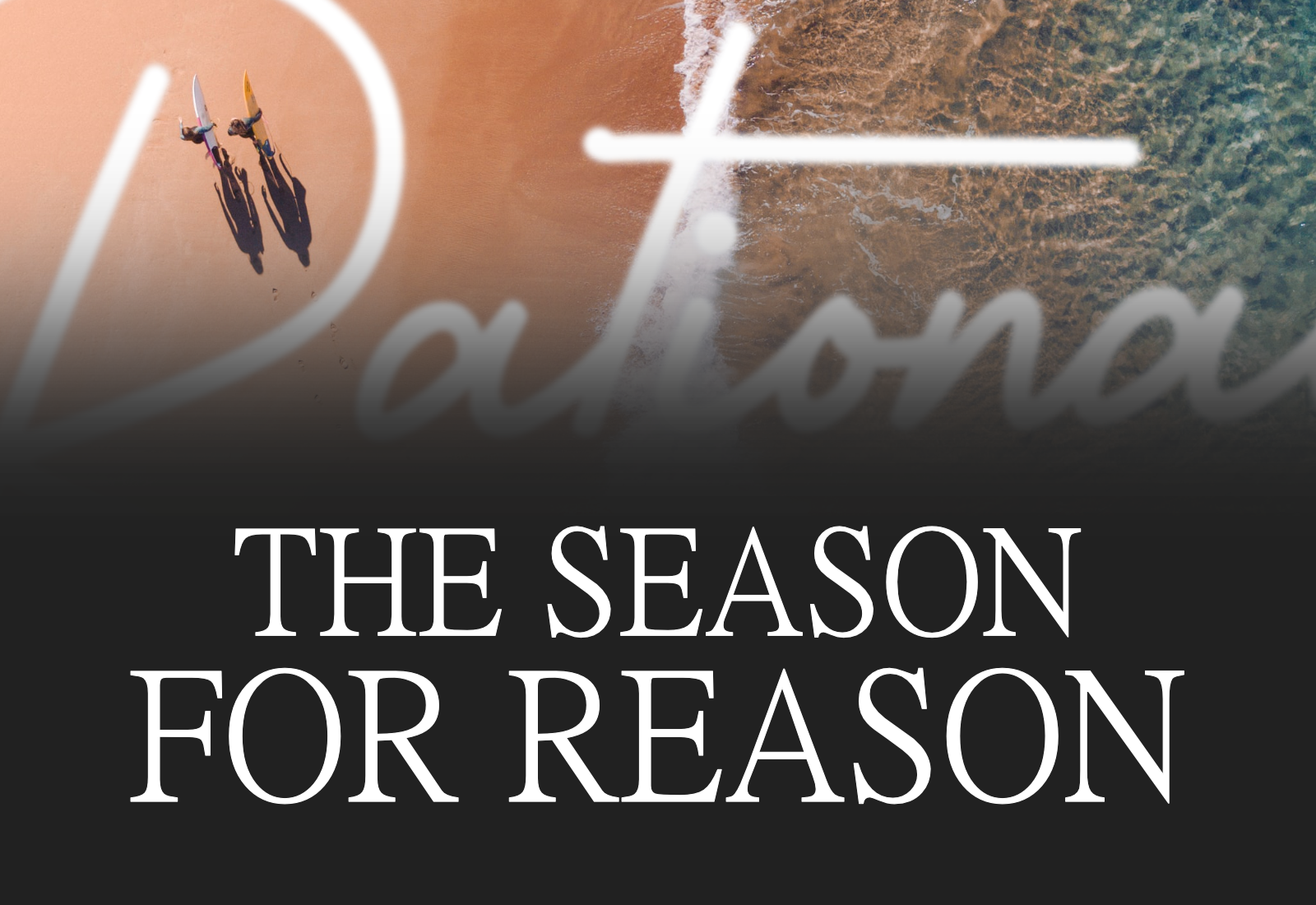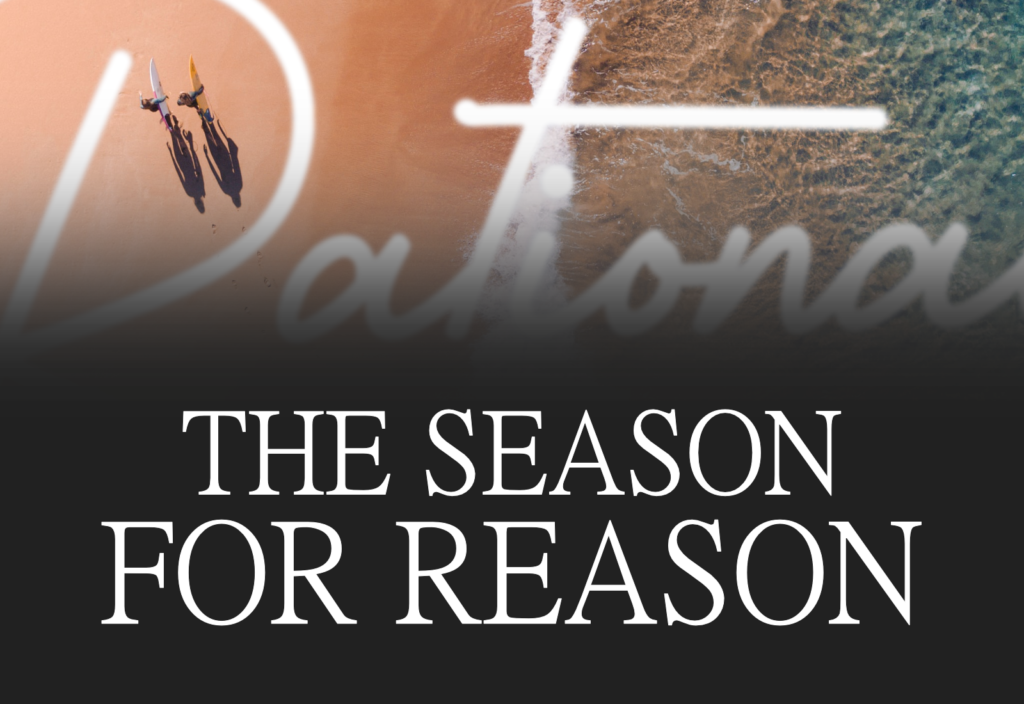I don’t suggest that the Rationalist Society ought to have the answers to all the problems of the world, but adherence to the principle that all significant beliefs and actions should be based on reason and evidence is, arguably, inadequate.
The science tells me I would be healthier and longer lived (which I want to be) if I ate a bit less and exercised more (which I want to do but don’t). Smokers, drug users, gamblers and people who drive too fast know the risks, but they do it anyway.
Reason and evidence suggest that giving citizens the right to bear arms results in more guns in society and an increased risk of being killed by one. There are 88.8 firearms for every 100 Americans and the great majority of Americans apparently would sooner live with the greatly increased risk of death than lose this right.
More seriously, the citizens of the world are speeding headlong into disastrous climate change, locked into growth economies – growth in population, wealth, consumption and the generation of greenhouse gases. Science has clearly articulated the problem and the solution lies mostly in giving up fossil fuels in favour of wind and sun power, something we have known for at least two decades. What science doesn’t tell us is what will prevent us from turning this particular ship around.
An old-fashioned campaigner, I preach at every opportunity the need to clearly identify the problem, to have to hand well-considered solutions, and to understand and deal with the barriers to change. These barriers have not a lot to do with science and reason.
Rather, I’ve decided, it comes down to a few factors. Firstly, human minds and the forces that shape them are altogether too diverse. Sure, our superior brains have used multiple branches of science to come up with solutions to most human survival problems, but they have also freed us up to be individuals, to experience the world in very diverse ways and to shape our lives and our environment to suit us. We indulge in self-interest. We like to be different, to cultivate our own opinions, to be creative. Expecting book clubbers, skydivers, go-kart enthusiasts and golfers to live the same lifestyle, let alone agree to pay a little extra to have their power sourced from renewable energy, is fanciful.
The second important factor in not doing what’s reasonable in the face of disaster is the power of organisational success and vested interests. The first countries to adopt well-reasoned corporate laws and practices, encouraging good risk management, profit growth and accountability to shareholders became wealthy. Many exhausted their own natural resources and moved to global trade, often at the expense of less well-organised countries.
Now, the top four global corporate giants earn over $US400 billion a year, all but one from oil and gas. This is more than the GDP of 87 per cent of the world’s sovereign countries (169). Little wonder there is great resistance about shifting to renewables.
Over time, science, technology and reason have been exploited for good and evil and, often, for profit. Pharmaceutical companies produce life-saving drugs for which they rely heavily on the work of scientists, but they are mostly huge global businesses building growth and profits like any other.
The medical research spending is heavily skewed towards drugs and away from medical procedures and practices because of the profit motive. This explains to some extent the unscientific loss of confidence that a small group of parents have in immunising their babies.
Cars, buildings and appliances could easily be made more energy efficient and longer lasting, but close ties between energy companies and the auto industry, and built-in obsolescence designed to keep consumption and turnover growing, means profits are often put before the greater good.
This is entirely consistent with the accepted rules of business that means the interests of the corporation must be paramount in the decisions of its board. Only through corporate law reform or the generosity of company owners, can it be otherwise.
Actually, a lot of what we humans do has little to do with science and reason. Having cleverly subsumed nature to feed, shelter and clothe ourselves, well beyond what’s necessary for survival, plenty of time and energy can be put to cultural pursuits.
Even in dirt-poor societies, time and creativity exercised on cooking goes well beyond the purpose of food for nutrition. Taste is one, but we have many senses to satisfy. Art, literature, architecture, fashion, dance and music are valued in every known civilisation. Perhaps culture keeps us happy and is now so entrenched in our economies that it has some rationale. But engaging in the arts is by no means universal and art lovers cannot all be said to be non-rational or non-scientific.
When pushing our campaigns about elevating reason and evidence as prerequisites for determining significant beliefs and actions, we need to grapple with the many barriers and complexities created by us humans. But I think we’re up for it.
This article is part of our ‘The season for reason’ series of holiday reading focusing on rationalism and reason. It was originally published as ‘Is the rational enough? Not everything about human beings is logical’ in the Spring 2013 edition of Australian Rationalist.












